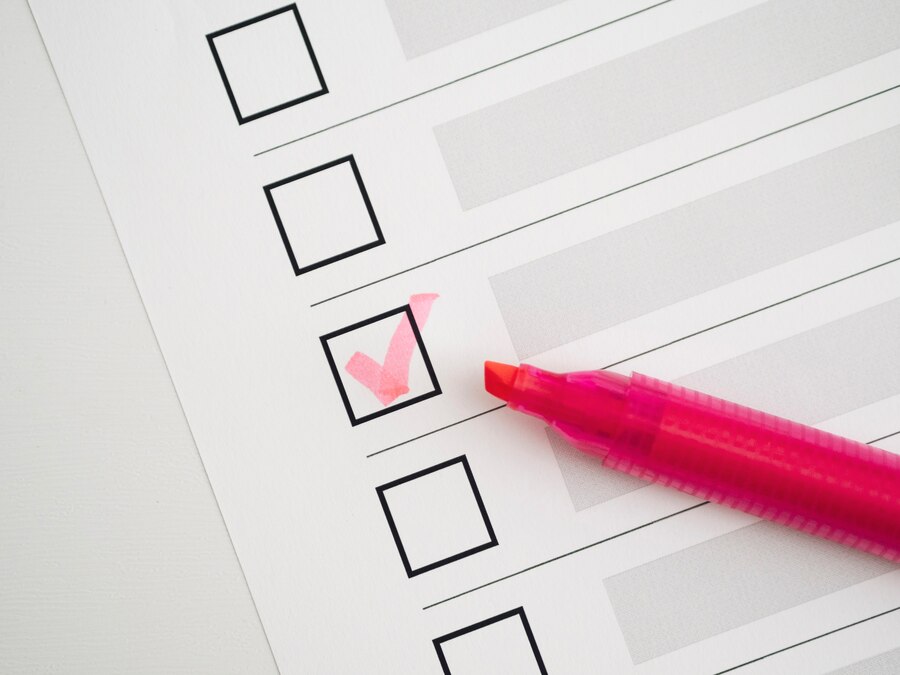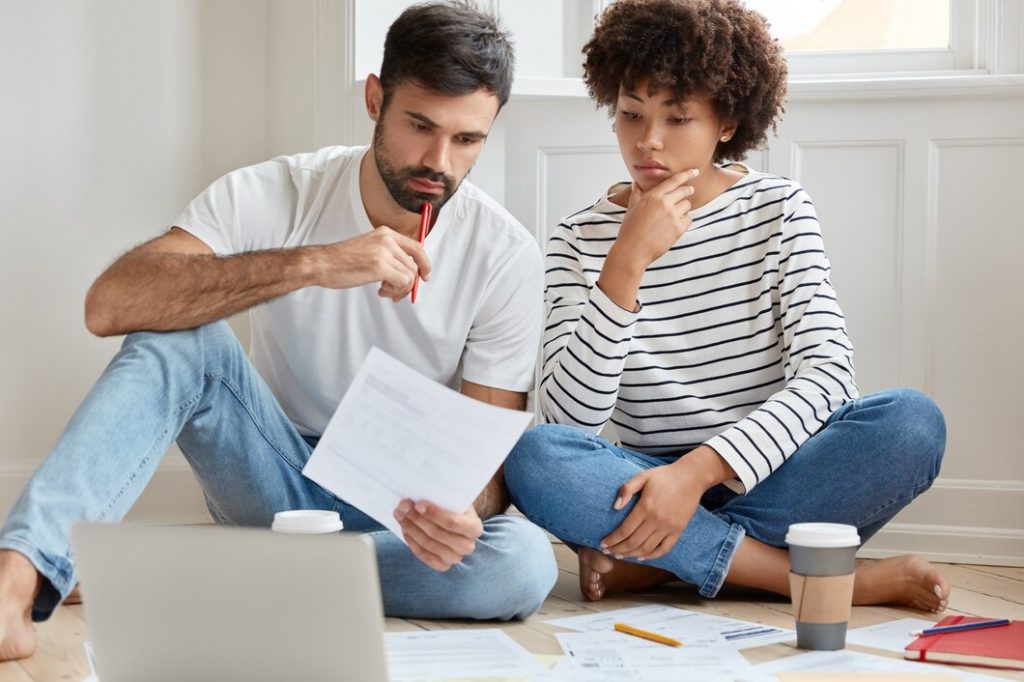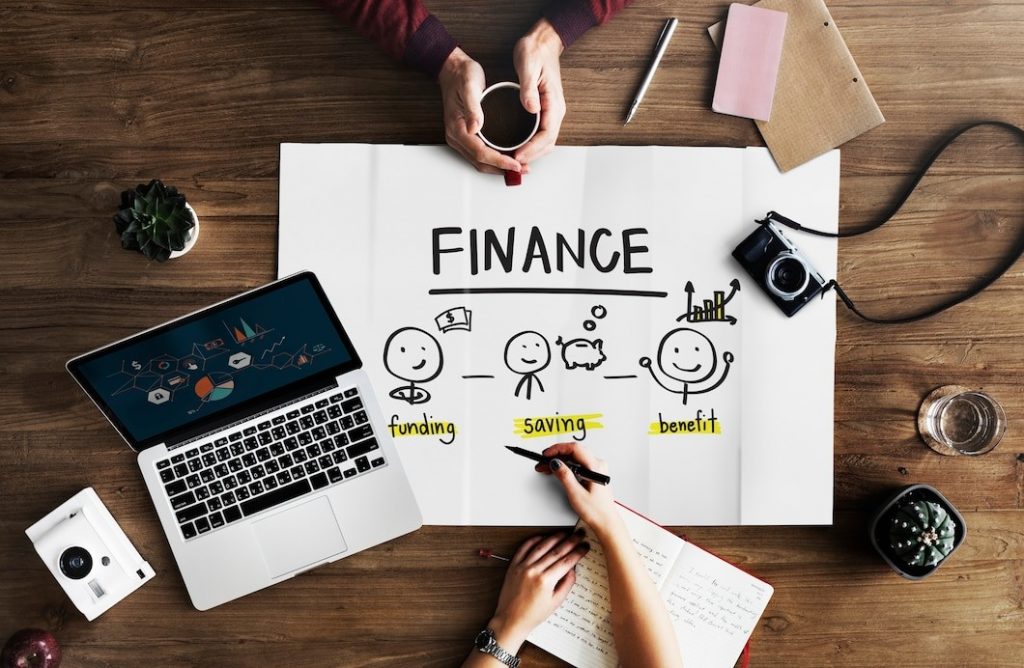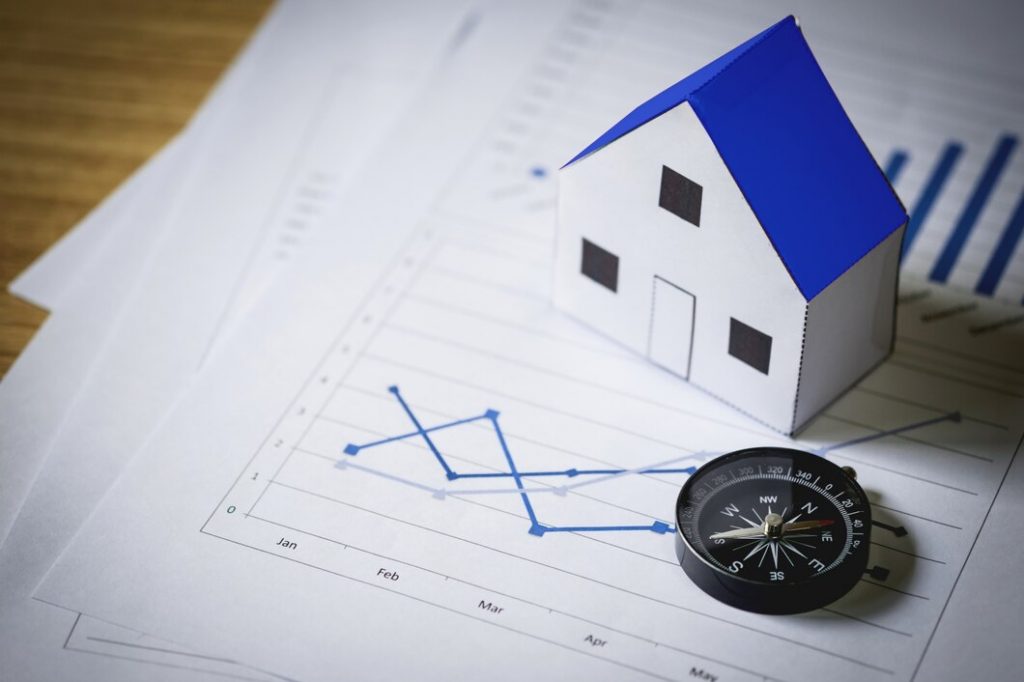Buying a house without a deposit may seem impossible, but it is a possibility for some people. It’s a popular topic among first-time homebuyers who are struggling to save up for a deposit. While it’s not always easy to get a mortgage without a deposit, there are options available.
One option is to look for a 100% loan-to-value (LTV) mortgage. This type of mortgage allows you to borrow the full amount of the property’s value, which means you don’t need to have a deposit. However, it’s worth noting that these types of mortgages can be harder to come by and may come with higher interest rates. Another option is to consider a guarantor mortgage, where a family member or friend agrees to guarantee your mortgage payments if you can’t make them yourself. This can help you get a mortgage without a deposit, but it’s important to remember that your guarantor will be liable for the debt if you can’t make the payments.
Understanding No Deposit Home Buying

Buying a home with no deposit may sound impossible, but there are options available to help you get on the property ladder. In this section, we will explore the basics of no deposit mortgages, guarantor mortgages, and shared ownership opportunities.
The Basics of No Deposit Mortgages
A no deposit mortgage allows you to borrow the full purchase price of a property without having to put down a deposit. These mortgages are also known as 100% mortgages. They are not widely available, and the interest rates can be higher than those of traditional mortgages. However, they can be an option for those who are struggling to save for a deposit.
Guarantor Mortgages Explained
A guarantor mortgage is a type of mortgage that requires a guarantor to guarantee the mortgage repayments. The guarantor is usually a family member or close friend who agrees to pay the mortgage if the borrower is unable to do so. This type of mortgage can be an option for those who are unable to save for a deposit or have a poor credit history.
Shared Ownership Opportunities
Shared ownership is a government scheme that allows you to buy a share of a property (usually between 25% and 75%) and pay rent on the remaining share. You can buy additional shares in the property over time, which is known as staircasing. This can be an option for those who are unable to afford to buy a property outright.
In conclusion, buying a home with no deposit is possible, but it is important to explore all of your options and seek professional advice before making any decisions. No deposit mortgages, guarantor mortgages, and shared ownership opportunities can be viable options for those who are struggling to save for a deposit.
Eligibility and Requirements

When it comes to buying a house with no deposit, there are certain eligibility criteria and requirements that you need to meet. In this section, we will discuss the key factors that you should consider before applying for a no deposit mortgage.
Assessing Your Financial Position
Before you apply for a no deposit mortgage, it is important to assess your financial position. This will help you determine whether you can afford the monthly repayments and whether you are eligible for a no deposit mortgage. You should consider the following factors:
- Your income: You will need to demonstrate that you have a stable income that is sufficient to cover the monthly mortgage repayments.
- Your outgoings: You should take into account your monthly bills, such as utilities, insurance, and any other debts that you may have.
- Your credit history: Your credit history will play a significant role in determining your eligibility for a no deposit mortgage. Lenders will want to see that you have a good credit record and that you have been able to manage your debts in the past.
Credit Considerations for No Deposit Options
When it comes to buying a house with no deposit, your credit history is one of the most important factors that lenders will consider. If you have a bad credit history, it may be more difficult to secure a no deposit mortgage. However, there are still options available for those with a less-than-perfect credit history.
One option is to apply for a guarantor mortgage. This is where a family member or friend guarantees the mortgage repayments if you are unable to make them yourself. Another option is to apply for a joint mortgage with someone who has a good credit history.
It is worth noting that if you have a clean credit history, you may be able to secure a no deposit mortgage with a lower interest rate. Lenders are more likely to offer lower interest rates to those with a good credit history as they are considered to be lower risk.
In summary, when considering a no deposit mortgage, it is important to assess your financial position and credit history to determine whether you are eligible. If you have a bad credit history, there are still options available, such as guarantor mortgages or joint mortgages. However, if you have a clean credit history, you may be able to secure a no deposit mortgage with a lower interest rate.
Exploring Mortgage Types

When it comes to buying a house without a deposit, it’s essential to understand the various mortgage types available. Each type caters to different financial situations and eligibility criteria.
Guarantor Mortgages and Their Structure
Guarantor mortgages can be an option for those who don’t have a deposit. In this type of mortgage, a family member or close relative acts as a guarantor, offering their property or savings as security. This can help the borrower access a larger loan amount or secure a more competitive interest rate.
Shared Ownership Mortgage Details
Shared ownership schemes allow buyers to purchase a share of a property and pay rent on the remaining portion. This can be a viable option for those struggling to save for a deposit. Buyers can gradually increase their ownership share over time through a process known as “staircasing.”
Government-Backed Mortgage Schemes
Government-backed schemes such as the Mortgage Guarantee Scheme, Help to Buy, and Right to Buy can assist first-time buyers in getting onto the property ladder with minimal deposit requirements. These schemes often have specific eligibility criteria and terms, so it’s crucial to explore the details thoroughly.
By understanding the structure and benefits of these mortgage types, prospective buyers can make informed decisions about their home purchase options.
The Role of Guarantors
When it comes to buying a house with no deposit, guarantors can play a crucial role in helping you secure a mortgage. A guarantor is someone who agrees to take responsibility for your mortgage payments if you are unable to make them. In this section, we will discuss who can be a guarantor, as well as the responsibilities and risks that come with being a guarantor.
Who Can Be a Guarantor?
A guarantor can be anyone who is willing to take on the responsibility of guaranteeing your mortgage payments. Typically, guarantors are family members or close friends who are willing to support you in your home-buying journey. However, it is important to note that not everyone is eligible to be a guarantor. Lenders will typically require that your guarantor:
- Is a UK homeowner
- Is financially stable
- Has a good credit score
- Is willing to take on the risk of guaranteeing your mortgage payments
Responsibilities and Risks for Guarantors
While having a guarantor can help you secure a mortgage with no deposit, it is important to understand the responsibilities and risks that come with being a guarantor. When someone agrees to be a guarantor, they are essentially agreeing to take on the responsibility of paying off your mortgage if you are unable to make the payments yourself. This means that if you default on your mortgage payments, your guarantor will be responsible for paying off the remaining balance.
It is important to note that being a guarantor can come with significant risks. If you default on your mortgage payments, your guarantor’s credit score could be negatively affected. Additionally, if your guarantor is unable to make the payments on your behalf, they could potentially lose their own home or other assets.
In conclusion, having a guarantor can be a valuable asset when it comes to buying a house with no deposit. However, it is important to carefully consider the responsibilities and risks that come with having a guarantor. If you are considering having a guarantor, it is important to have an open and honest conversation with them about the risks involved and to ensure that they fully understand their responsibilities before agreeing to guarantee your mortgage payments.
Financial Planning for Home Purchase
When planning to buy a house, it is important to have a sound financial plan in place. This includes saving strategies for future deposits, budgeting for mortgage payments and fees, and understanding the different types of savings accounts available.
Saving Strategies for Future Deposits
One of the biggest challenges when buying a house is saving for a deposit. We recommend opening a savings account specifically for this purpose. Look for a savings account with a good interest rate, and consider setting up a direct debit to transfer a fixed amount of money each month.
Another strategy is to cut back on unnecessary expenses. This could mean reducing the amount spent on eating out, entertainment, or clothing. By making small sacrifices, we can save more money towards our deposit.
Budgeting for Mortgage Payments and Fees
Once we have saved enough for a deposit, we need to budget for mortgage payments and fees. It is important to research different lenders to find the best mortgage deal, and to understand the different types of fees involved. These may include application fees, valuation fees, and legal fees.
We recommend using a mortgage calculator to estimate monthly payments and to ensure that they are affordable. It is also important to consider any potential changes in income or expenses that may affect our ability to make mortgage payments.
By having a clear understanding of the costs involved in buying a house, we can make informed decisions and avoid any unexpected financial surprises.
Overall, buying a house with no deposit requires careful financial planning and budgeting. By implementing effective saving strategies and understanding the costs involved, we can achieve our goal of owning a home.
Additional Financial Considerations

When buying a house with no deposit, there are additional financial considerations that you need to keep in mind. In this section, we will discuss two important factors that can have a significant impact on your finances: understanding interest rates and charges, and the impact of property value fluctuations.
Understanding Interest Rates and Charges
When you take out a mortgage, you will be charged interest on the amount you borrow. The interest rate you are charged will depend on a number of factors, including the size of your deposit, the type of mortgage you choose, and the lender you use. It is important to understand that interest rates can vary significantly between different lenders, so it pays to shop around to find the best deal.
In addition to interest, you may also be charged other fees and charges when you take out a mortgage. These can include arrangement fees, valuation fees, and legal fees. Again, the amount you are charged will depend on the lender you use and the type of mortgage you choose. It is important to factor these costs into your budget when considering how much you can afford to borrow.
The Impact of Property Value Fluctuations
One of the biggest risks of buying a house with no deposit is the risk of negative equity. Negative equity occurs when the value of your property falls below the amount you owe on your mortgage. This can happen if property values fall, or if you borrow a large amount of money and are unable to keep up with your mortgage payments.
Negative equity can be a serious problem, as it can make it difficult to sell your property or remortgage in the future. To avoid negative equity, it is important to choose a property that is likely to hold its value over time. You should also consider taking out a mortgage with a lower loan-to-value ratio, as this will reduce the risk of negative equity.
In conclusion, when buying a house with no deposit, it is important to fully understand the financial implications of your decision. By understanding interest rates and charges, and the impact of property value fluctuations, you can make an informed decision about whether a no deposit mortgage is right for you.
Alternative Pathways to Homeownership
If you’re a first-time buyer struggling to save up for a deposit, there are alternative pathways to homeownership that you can consider. In this section, we’ll explore two popular options: Rent to Buy Schemes and Joint Mortgage Options.
Rent to Buy Schemes
Rent to Buy Schemes (also known as Rent to Own or Intermediate Rent) can be a great option for first-time buyers who are struggling to save up for a deposit. These schemes allow you to rent a property at a reduced rent for a set period (usually between 5-10 years) with the option to buy the property at the end of the rental period. During the rental period, you’ll be able to save up for a deposit and improve your credit score, making it easier to secure a mortgage when the time comes.
One popular Rent to Buy Scheme is the “Help to Buy: Equity Loan” scheme, which is available to first-time buyers and existing homeowners looking to buy a new build property. With this scheme, you can borrow up to 20% (40% in London) of the purchase price interest-free for the first five years, as long as you have a 5% deposit.
Another Rent to Buy Scheme is the “Rentplus” scheme, which is available to first-time buyers in England. With this scheme, you’ll be able to rent a property at a reduced rent for up to five years, with the option to buy the property at the end of the rental period. During the rental period, you’ll be able to save up for a deposit and improve your credit score, making it easier to secure a mortgage when the time comes.
Joint Mortgage Options
Another option for first-time buyers is to consider Joint Mortgage Options. This involves buying a property with a partner, family member or friend. By pooling your resources, you’ll be able to afford a larger deposit and may be able to secure a better mortgage rate.
There are two main types of Joint Mortgages: Joint Tenancy and Tenants in Common. Joint Tenancy means that you and your partner will own the property jointly and equally. If one of you dies, the other will automatically inherit the other’s share of the property. Tenants in Common means that you and your partner will own a specific share of the property (e.g. 50/50 or 70/30). If one of you dies, your share will be passed on to your heirs.
It’s important to remember that Joint Mortgages are a big commitment, and you should only consider them if you’re confident that you can afford the repayments and are happy to share ownership of the property with someone else.
Overall, Rent to Buy Schemes and Joint Mortgage Options can be great alternatives to traditional homeownership pathways for first-time buyers. By exploring these options, you may be able to get onto the property ladder sooner than you thought possible.
Navigating the Property Market

When it comes to buying a house with no deposit, navigating the property market can be a daunting task. As first-time buyers, there are a few things we need to keep in mind to make the process smoother.
First-Time Buyer Advantages
First-time buyers have a few advantages when it comes to buying a house. For example, some lenders offer special deals such as 95% LTV mortgages for first-time buyers. This means that we can borrow up to 95% of the property value, which can be a great help when we don’t have a deposit.
Another advantage is that we may be eligible for government schemes such as Help to Buy or Shared Ownership. These schemes can help us get on the property ladder with a smaller deposit and lower monthly payments.
Seeking Professional Financial Advice
When buying a house with no deposit, it’s important to seek professional financial advice. A mortgage broker can help us find the best deals and guide us through the application process. They can also help us understand the different types of mortgages available and which one is best suited for our needs.
We should also seek advice from a financial advisor who can help us with our overall financial planning. They can help us understand how much we can afford to borrow and how to manage our finances effectively.
In conclusion, buying a house with no deposit can be challenging, but as first-time buyers, we have a few advantages. Seeking professional financial advice can help us navigate the property market and find the best deals.
Frequently Asked Questions
How can one purchase a property with zero deposit?
Purchasing a property with zero deposit can be a challenge, but it’s not impossible. One option is to look for lenders that offer 100% loan-to-value (LTV) mortgages. These mortgages allow you to borrow the full amount of the property’s value, without having to put down a deposit. Another option is to consider shared ownership schemes, where you buy a portion of the property and rent the rest.
What government schemes are available to support no deposit home purchases?
The government offers several schemes to support no deposit home purchases. One such scheme is the Help to Buy: Equity Loan, which is available to first-time buyers and existing homeowners who want to move. The scheme applies to new build homes with a maximum value of £600,000. You need a minimum 5% deposit to qualify, and the government provides an equity loan of up to 20% of the value of the property.
Are first-time buyers eligible for mortgages without a deposit?
First-time buyers may be eligible for mortgages without a deposit, but it can be difficult to find lenders that offer these types of mortgages. Some lenders may require a guarantor, who will be responsible for the mortgage repayments if the borrower defaults. Others may offer 100% LTV mortgages, but these can come with higher interest rates and stricter eligibility criteria.
What options exist for renters seeking to buy a home without a deposit?
Renters seeking to buy a home without a deposit can consider shared ownership schemes, where you buy a portion of the property and rent the rest. Another option is to look for rent-to-buy schemes, where you rent the property for a set period before buying it outright. It’s important to do your research and make sure you fully understand the terms and conditions of any scheme before committing to it.
What are the requirements for obtaining a 0% deposit mortgage?
The requirements for obtaining a 0% deposit mortgage will vary depending on the lender. Generally, lenders will consider factors such as your credit score, income, and employment status when deciding whether to offer you a mortgage. It’s important to shop around and compare different lenders to find the best deal for your circumstances.
How does one calculate potential mortgage payments without a deposit?
To calculate potential mortgage payments without a deposit, you can use an online mortgage calculator. These calculators will take into account factors such as the property value, interest rate, and loan term to give you an estimate of your monthly repayments. Keep in mind that the actual amount you’ll pay may vary depending on your individual circumstances and the terms of your mortgage.



